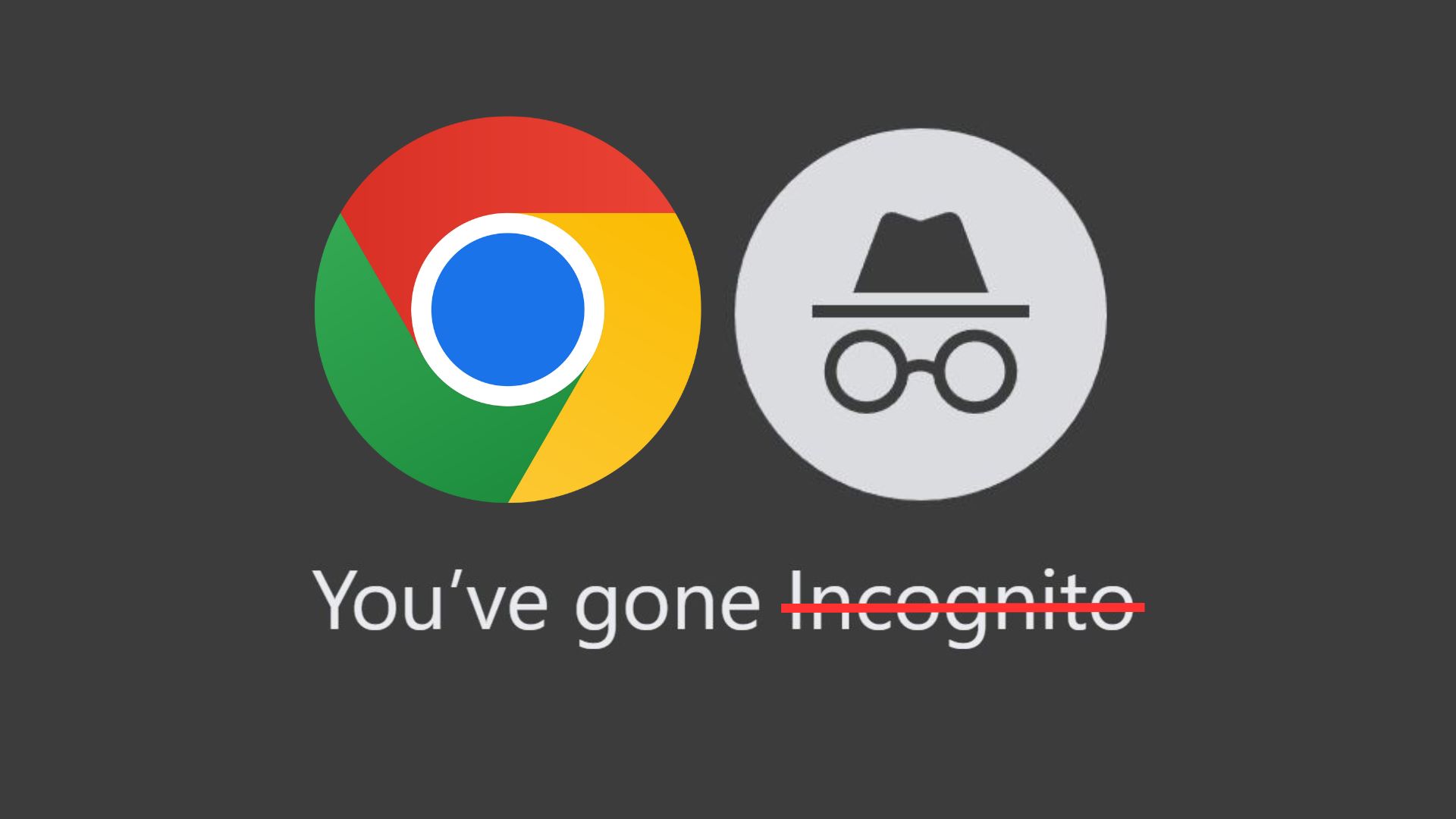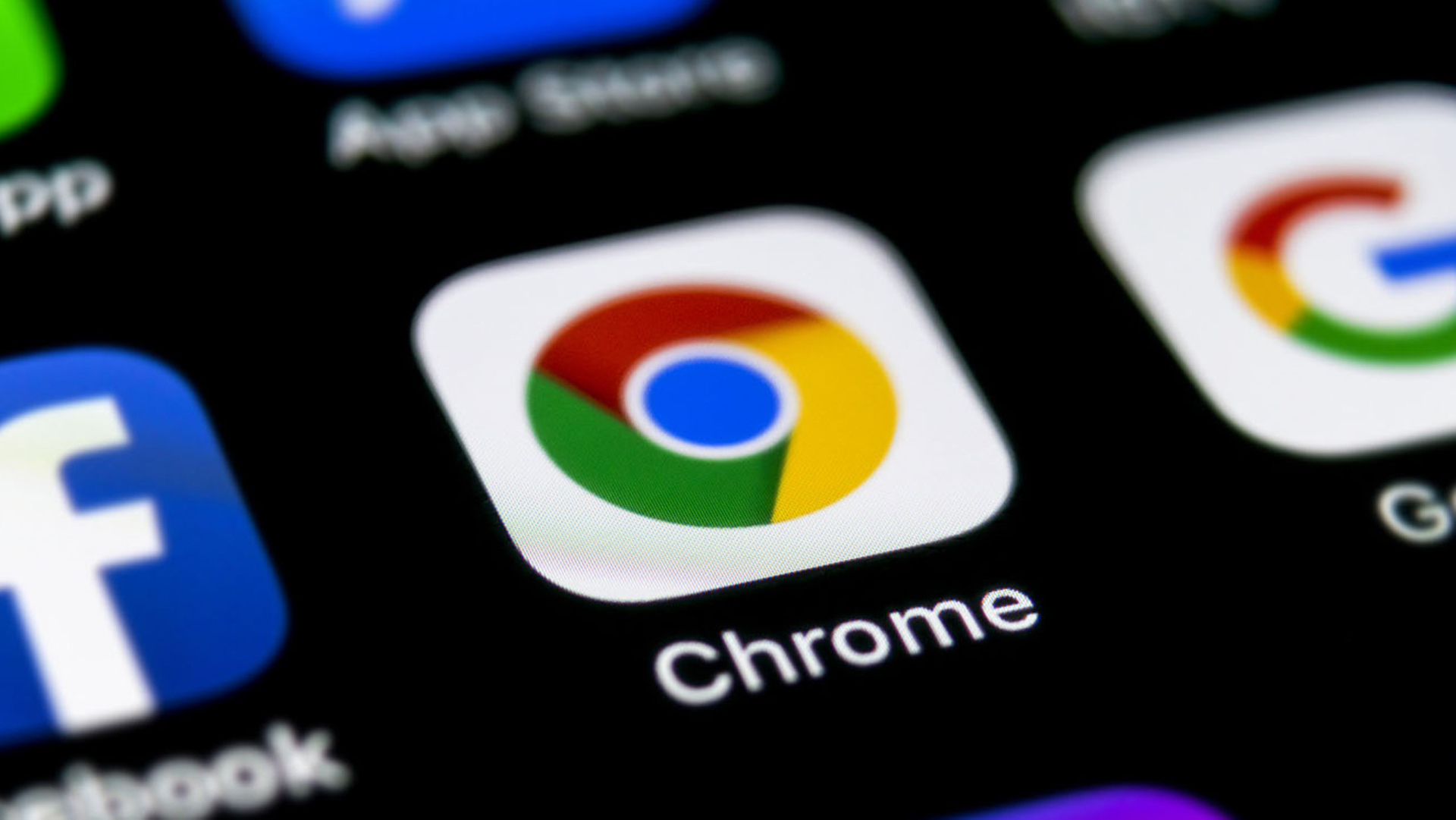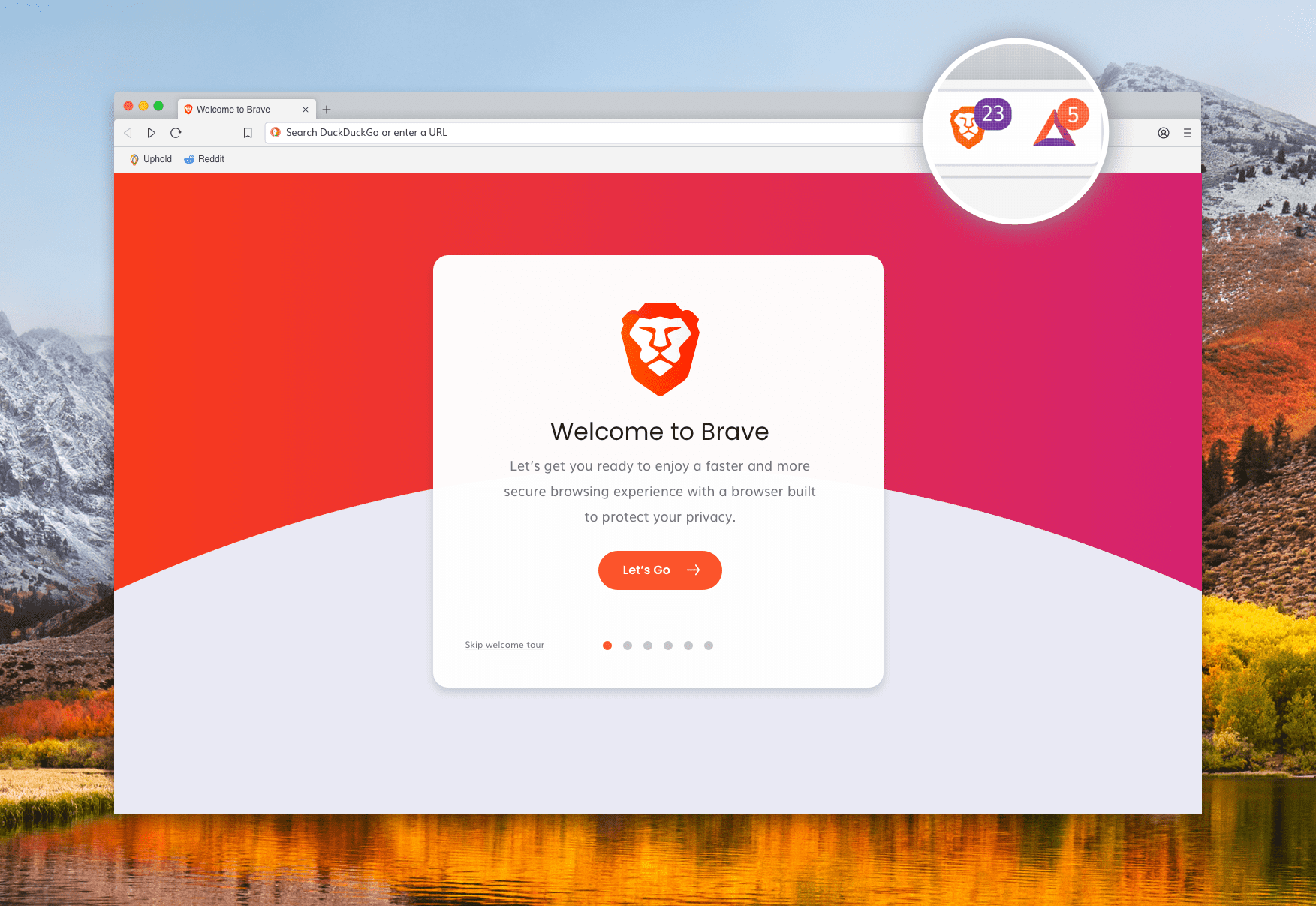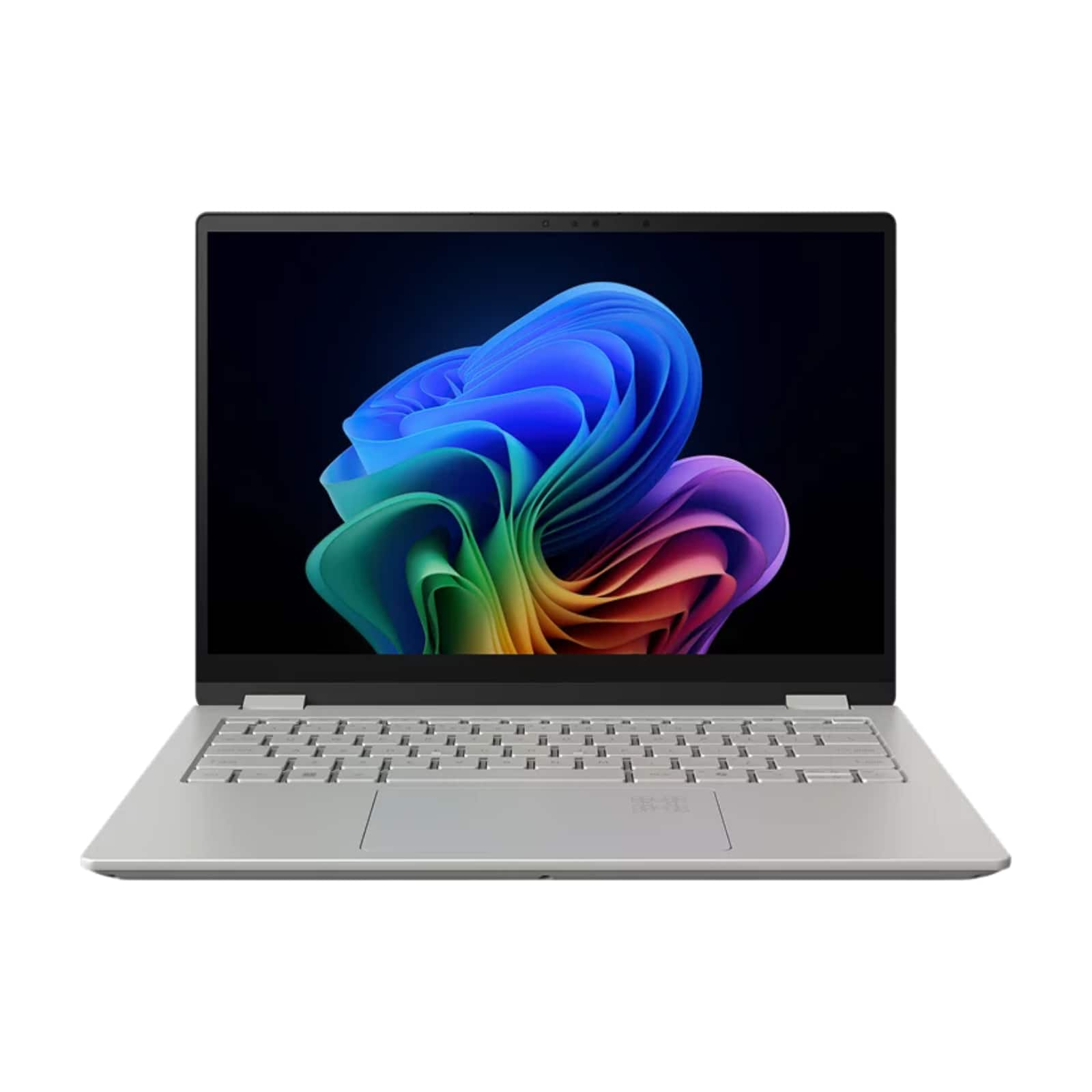Google is finally deleting your Incognito mode browsing history — well, some of it
Chrome Incognito mode wasn't actually "incognito" after all

When you open Google Chrome Incognito mode, you're probably expecting a completely private browsing experience where your history and searches won't be saved. It turns out, that's not how Google has actually been handling your Incognito mode browsing history (despite the company boasting about Google privacy options). Luckily, a lawsuit settlement is forcing Google to finally destroy the browsing data they've collected from millions of users' Incognito mode activity.
Here's a quick overview of the lawsuit and how it will impact users moving forward.
Google agrees to destroy Incognito mode browsing data

On April 1, 2024, a proposed settlement was filed in the ongoing lawsuit Brown v. Google, which could bring some major changes to Incognito mode on Google Chrome. The settlement includes several main points, but the highlight is Google's promise to destroy billions of data records they've collected from private browsing sessions on Incognito mode.
Google also has to anonymize data that isn't outright destroyed. The settlement explains, "Google must delete information that makes private browsing data identifying. Google will mitigate this data by partially redacting IP addresses and generalizing user agent strings." Along with IP addresses, Google will also need to delete detailed URLs, meaning users' Incognito mode browsing history will not include the specific pages they visited on any website.
That's not all. The settlement also calls for Google to limit the Incognito mode browsing data it collects moving forward and improve the way it discloses data collection to users. Google already rolled out one such change, which blocks third-party cookies on Incognito mode by default. The settlement requires Google to maintain this default cookie blocking setting for at least the next five years.
Google has also updated the disclosures that appear on the splash screen for Incognito mode, which now states, "Others who use this device won't see your activity, so you can browse more privately. This won't change how data is collected by websites you visit and the services you use, including Google."
The key terms to notice there are "more privately" and "including Google." This highlights that Incognito mode is not completely private, like many users assume, and Google can still view data on your browsing activity. The proposed settlement will hopefully address those privacy gaps, though.
Sign up to receive The Snapshot, a free special dispatch from Laptop Mag, in your inbox.
How Google's changes to Chrome Incognito mode impact users

There are a few key takeaways for users from this proposed settlement, but it's worth noting that this will not noticeably change the Incognito browsing experience. If you prefer to use Incognito mode, it will continue to function as usual, but the way it's handling data behind the scenes will change to improve privacy.
It's unsettling to realize that Google has actually been collecting Incognito mode browsing data all this time, especially considering people often use Incognito mode specifically when they don't want their browsing data saved. However, you can rest assured that Google will be destroying or anonymizing all of your Incognito mode data after this settlement. So, while it's still unfortunate that that data was out there to begin with, it won't be much longer.
You can also use Incognito mode with more privacy moving forward, but remember that it's still not completely private. Google has to maintain the privacy demands outlined in the proposed settlement for at least the next five years, meaning for the foreseeable future Incognito mode will have third-party cookies turned off by default and any data that is saved will be anonymized.
However, if your trust in Google's Incognito mode is broken, you don't have to stick with Chrome. Using a privacy web browser, like Brave or Vivaldi, can give you more comprehensive cookie and ad blocking. You can also use more privacy-focused search engines like DuckDuckGo and Brave Search. For location privacy, consider trying out one of the best VPN services, which work on both desktop and mobile.
We will continue following the Google Chrome Incognito mode lawsuit as it develops further, so make sure to stay tuned for more details and updates.

Stevie Bonifield is a freelance tech journalist who has written for PC Gamer, Tom's Guide, and Laptop Mag on everything from gaming to smartwatches. Outside of writing, Stevie loves indie games, TTRPGs, and building way too many custom keyboards.









